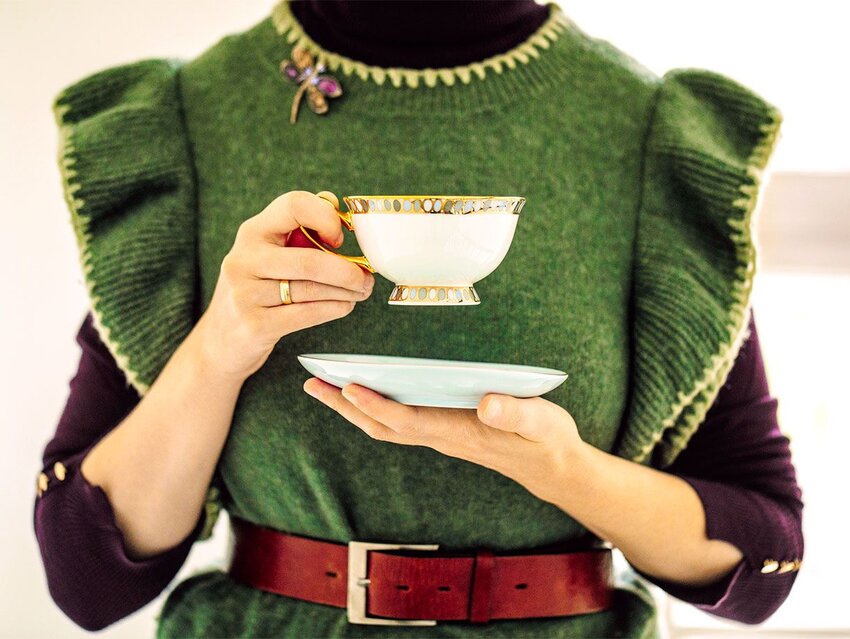For each ordinary, everyday word, there's probably a fancy synonym just waiting to be used. For example, changing a boring old party into a “soirée” evokes a sense of prestige. Although they aren't used frequently, these elevated terms can spice up your writing, make for interesting dinner conversations, or just add a bit of fun to your lexicon.
Penultimate = Second to Last
Penultimate is a way to denote the second-to-last item in a sequence or series, as in, “The penultimate installment of the movie franchise was released this week.” Fittingly, this adjective comes from the Latin roots paene for “almost” and ultimus, meaning “last.”
Cogitate = To Think Deeply
To simply “think” about something sounds pedestrian — why not “cogitate”? Pronounced “ko-juh-tayt,” it comes from the Latin term cogitare, meaning “to think.” This verb became popular around the 1560s to describe being reflective or deep in thought.
Pluvial = Rainy
For centuries, authors and artists have romanticized a rainy day — but a pluvial day? Now that sounds alluring. “Pluvial” is an adjective that is a direct synonym for “rainy.” It comes from the Latin word pluvialis, whose variations, pluvial and pluvious, were used centuries ago in French and Middle English, respectively.
Susurrus = Whisper
“Susurrus” is a noun used to describe quiet sounds (typically in nature), such as, “the susurrus of leaves in the fall.” It comes from the earlier Latin word susurrus, to describe humming, muttering, or whispering. There is an adjective, “susurrous” (note the slight change in spelling), meaning “full of whispering sounds,” as in, “The susurrous breeze blew through the window.” In the 15th century, a “susurration” was a “malicious whispering” — a rumor.
Enchiridion = Handbook
“Enchiridion” (pronounced “en-kuh-ri-dee-uhn”) is an elevated noun for a handbook or a manual, first used in its modern way in the 15th century. It has roots in Greek, from the word enkheiridion, meaning “that which is held in the hand.” Today, it’s almost exclusively used in formal academia, so you're not likely to hear “car enchiridions” in place of "car manuals."
Maquillage = Makeup
The origin of “maquillage” (pronounced “mah-kee-yazh”) might be obvious — the glamorous word hails from French. In English, it usually refers to heavy, theatrical makeup, but the noun can easily be swapped in as a fancy synonym for any type of cosmetics, as in, “The maquillage trends of Old Hollywood are distinct.” In French, it is an everyday term, akin to our use of “makeup.”
Ennui = Boredom
Pronounced “ahn-wee,” this noun describes a state of weariness or dissatisfaction, and is a direct synonym of “boredom.” For example, “The long lecture sent a wave of ennui through the students.” It stems from the 13th-century Old French term enui, meaning “annoyance.”
Rococo = Fancy
Rounding out the list is a fancy word for “fancy.” Typically used in the art world, “rococo” has a second, broad definition meaning “excessively ornate or intricate,” and is typically used with disdain. For example, “The more rococo theory is that the new policy is a conspiracy.” Traditionally, “rococo” refers to the 18th-century art and architecture style, characterized by fanciful and elaborate decoration.
Featured image credit: Eva-Katalin/ iStock

